Georgia Tech's College of Engineering consistently produces articles, content, and videos highlighting our students, staff, faculty, and research. This includes stories about artificial intelligence, robots, engineering systems, space exploration and rockets, medical advances, and more.

Dr. Chris Jones, BSAE '86, named the 2016 Black Engineer of the Year

Mars: why, how, and when? GT-AE faculty weigh in on the debate
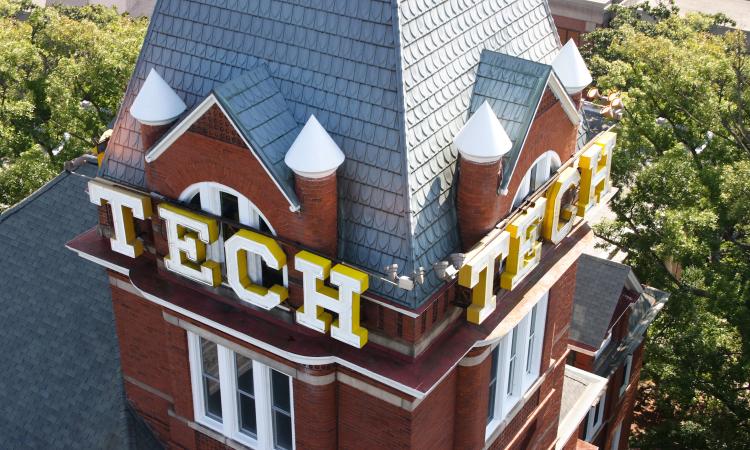
Oldest Living Alumnus Rides in Ramblin’ Wreck for First Time

The top 10 engineering colleges in the world

NIH Director’s Transformative Research Award Funds Pulmonary Fibrosis Research
Nano-mechanical Study Offers New Assessment of Silicon for Next-gen Batteries

Three Engineering Faculty Members Selected to Participate in NAE's Frontiers of Engineering Education Symposium
Innovative Early-Career Engineering Faculty Selected to Participate in NAE's Seventh Frontiers of Engineering Education Symposium
Innovative Early-Career Engineering Faculty Selected to Participate in NAE's Seventh Frontiers of Engineering Education Symposium
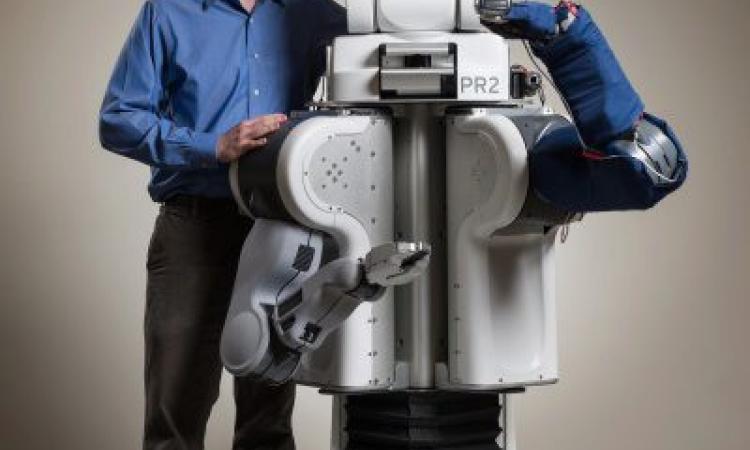
Georgia Tech, Emory Unite to Train Healthcare Roboticists

Sean Bedford, BSAE '10: Rocket Scientist, Athlete, Lawyer, Jackets Aficionado

Researchers get 'Fancy' with an Iggy Azalea-inspired journal submission

Siemens Expands Georgia Tech Partnership to Drive Advanced Manufacturing Research, Software and Innovation
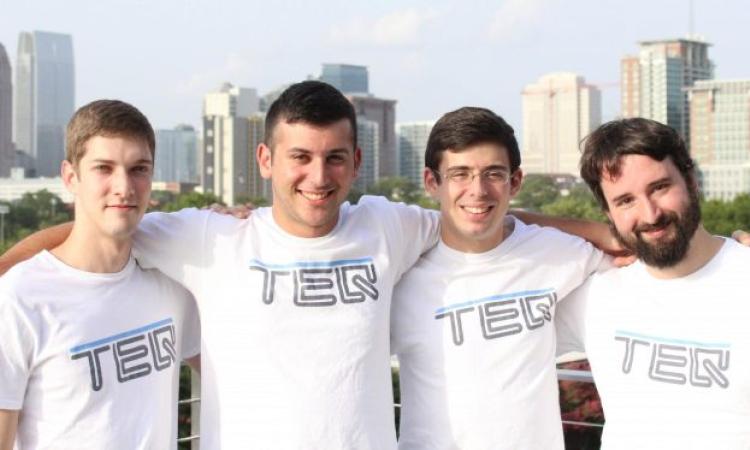
Engineering Students Finalists for Startup of the Year
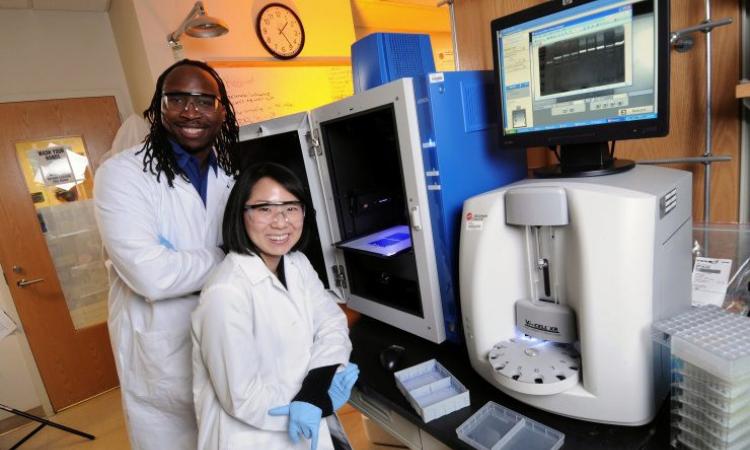
Predictive Model Could Help Guide Choices for Breast Cancer Therapies
Biomedical engineers have demonstrated a proof-of-principle technique that could give women and their oncologists more personalized information to help them choose options for treating breast cancer.
Biomedical engineers have demonstrated a proof-of-principle technique that could give women and their oncologists more personalized information to help them choose options for treating breast cancer.
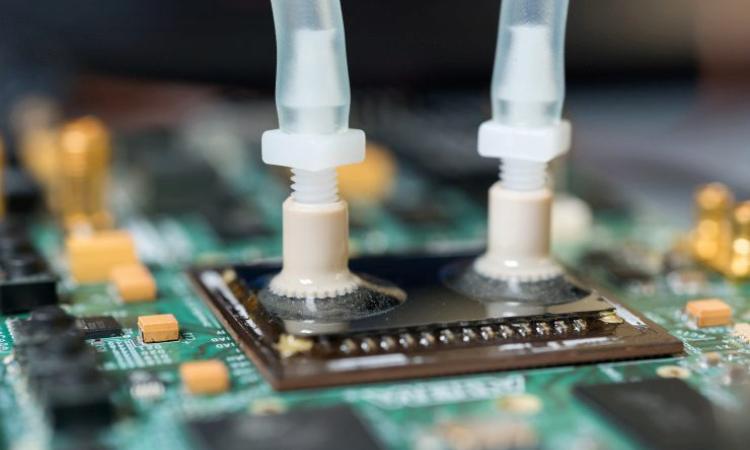
Liquid Cooling Moves onto the Chip for Denser Electronics
Using microfluidic passages cut directly into the backsides of production field-programmable gate array (FPGA) devices, Georgia Institute of Technology researchers are putting liquid cooling right where it’s needed the most – a few hundred microns away from where the transistors are operating.
Using microfluidic passages cut directly into the backsides of production field-programmable gate array (FPGA) devices, Georgia Institute of Technology researchers are putting liquid cooling right where it’s needed the most – a few hundred microns away from where the transistors are operating.
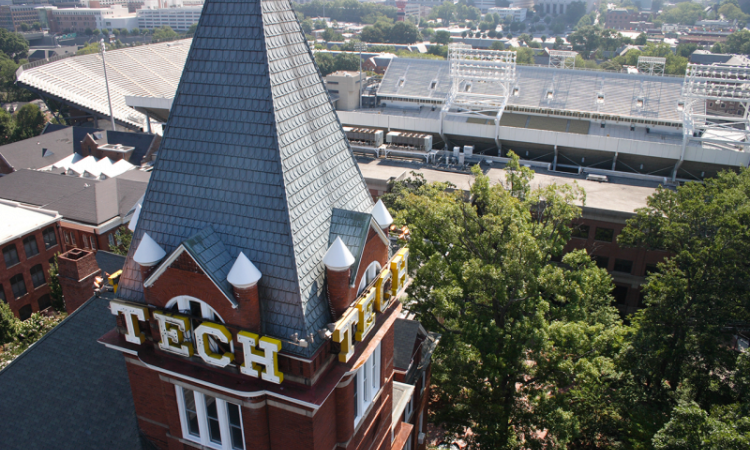
GT 9th in USNWR Global Engineering Rankings

CoE Cares Profile- CEE's Mike Anderson
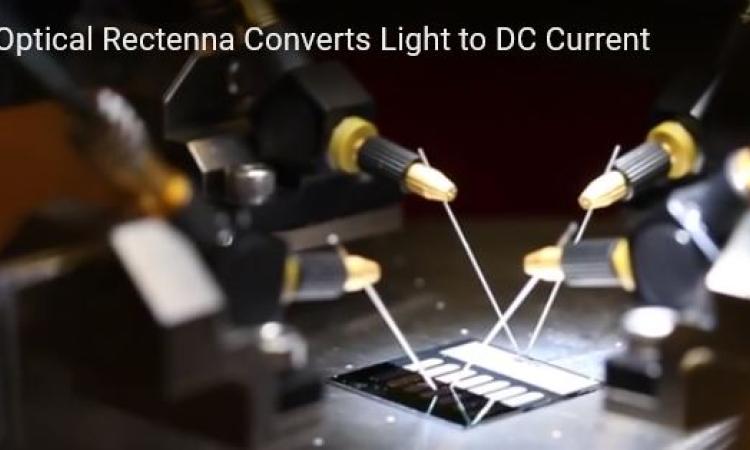
Optical Rectanna Could Double Solar Cell Efficiency

Solar Cells Will be Made Obsolete by 3D rectennas aiming at 40-to-90% efficiency

John and Mary Brock Endow ChBE School Chair

Georgia Tech Launches State’s First Professional Master’s Degree in Manufacturing Leadership
Pagination
- Previous page
- Current page 86
- Next page
